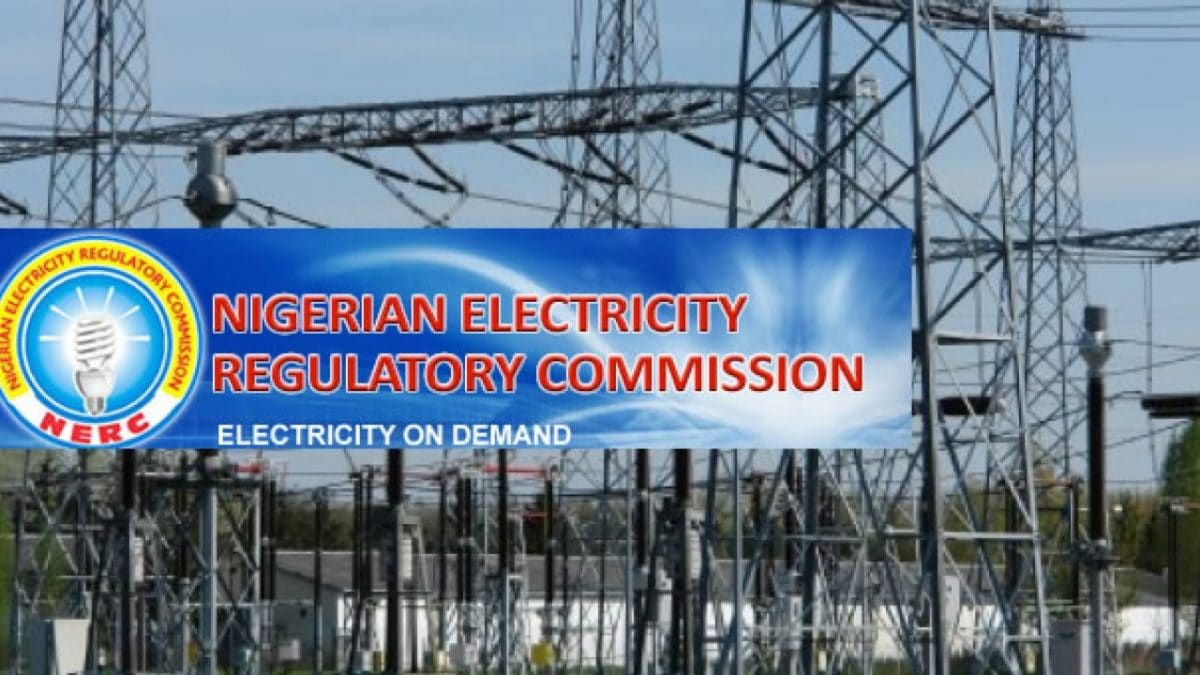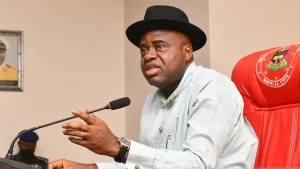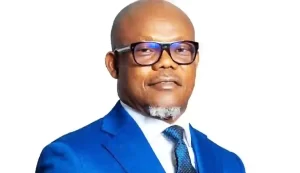The Federal Government may spend N2.36tn on electricity subsidies for low-income consumers in 2025, despite ongoing plans to implement cost-reflective tariffs. This comes as the Nigerian Electricity Regulatory Commission (NERC) revealed that N178.03bn was spent on electricity subsidies in January 2025, a 10.1% decrease from N197.91bn in December 2024.
In a report released on Sunday, NERC explained that the subsidy calculation followed a review of tariff indices, showing a reduction in the weighted average cost-reflective tariff from N213.85/kWh in December to N116.75/kWh in January. The review factored in an exchange rate of N1,556/$, inflation at 34.60%, and other market conditions.
Despite the decrease, concerns remain over the financial sustainability of Nigeria’s power sector. According to a document seen on Monday, only N450bn of the N2.37tn incurred in 2024 was cash-backed, leaving an outstanding N1.92tn. The document warned that without further tariff adjustments, the projected shortfall for 2025 would reach N2.36tn with no anticipated funding.
The subsidy breakdown for January 2025 showed that consumers under Abuja Disco received the largest share at N28.38bn, followed by Ikeja Disco (N27.2bn) and Eko Disco (N22.88bn). Other major allocations included Ibadan Disco (N24.03bn), Benin Disco (N15.75bn), and Port Harcourt Disco (N14.59bn).
To address the growing subsidy burden, the government announced a $600m annual electricity subsidy from 2025 to 2027 during the Energy Compact Summit in Tanzania. This initiative aims to bridge the gap between cost-reflective tariffs and regulated rates while closing Nigeria’s metering deficit. The government plans to phase out subsidies by 2027, introducing a social tariff to protect vulnerable consumers.
Consumer advocacy groups have raised concerns over potential tariff hikes. The President of the Nigeria Consumer Protection Network, Kunle Kola Olubiyo, warned that increasing tariffs without improving power supply would not solve the sector’s challenges. “An increase in electricity tariffs alone is not a silver bullet solution to the challenges of the power sector,” he said.
Similarly, the Coordinator of the Electricity Consumers Protection Forum, Adeola Samuel-Ilori, criticized the government for considering tariff hikes while many customers remain unmetered.
As the government pushes for a market-driven power sector, the debate over subsidy removal continues, with stakeholders divided on whether the policy would foster sustainability or exacerbate economic hardship.









